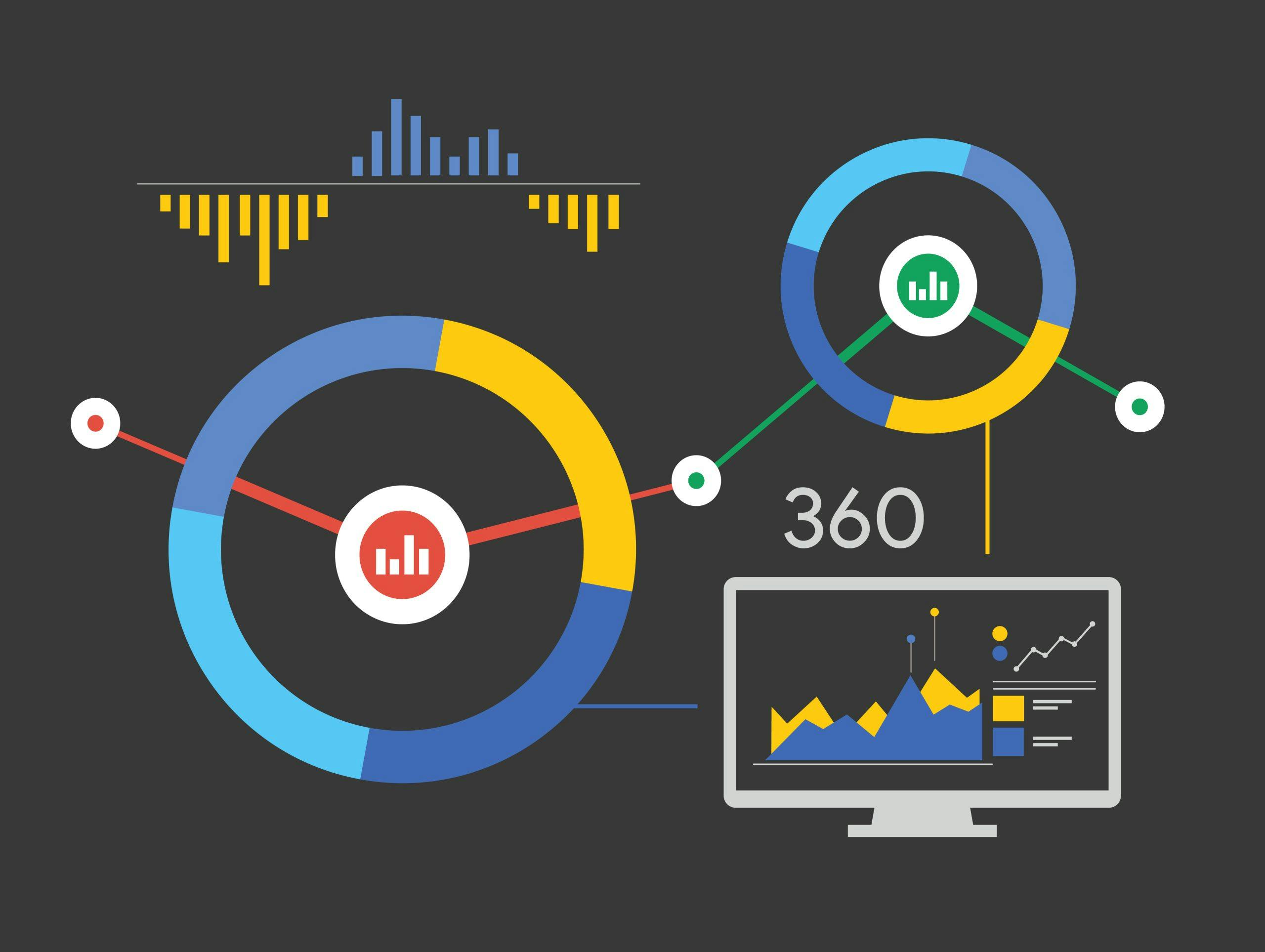One of the interesting lessons from evidence-based medicine is how intensely many doctors hated making decisions based on the best available clinical evidence. The tides are shifting, but in the early days of evidence-based medicine, doctors were literally shaking with rage at the suggestion that they needed to change how they practiced.
The biggest reason for this rage is that many doctors, being human, loved the power and prestige of being authority figures. They believed their own PR: that they were the elite, wise, and educated people uniquely capable of making the big decisions. It is true that most were wise and educated people. Just not as wise and educated as a properly executed clinical trial.
Buried under the outrage, there are some legitimate reasons to resist evidence-based decision-making. The legitimate reasons all flow from the fact that, like anything else, evidence-based practice can be done badly. For example, organizations can use lack of evidence as an excuse not to do anything new, or to crush unorthodox opinion, or to create layers of bureaucracy that make life harder for the professionals doing their best to help their clients.
It’s difficult for me to imagine a case where properly applied evidence-based practice would lead to worse decisions. For example, evidence-based practice explicitly recognizes that the right kind of expert experience is an important form of evidence. There is even research showing which kind of expert experience is valuable and which kind is not. However, since we know practices are not always properly applied, we would do well to be aware that evidence-based practice can go wrong.
How do you prevent it going wrong? My own sense is that big ideas go wrong when they become fetishized or bureaucratized. Evidence-based practice is a great tool; but it shouldn’t become a religion. It also shouldn’t be forced upon people via a heavy bureaucracy diktat. We need to help professionals develop their skills in the practice and reward those who show their decisions are based on the best available data. Organizations that do that will find, that like medicine, they are quietly transformed.
Special thanks to our community of practice for these insights. The community is a group of leading organizations that meets monthly to discuss analytics and evidence-based decision making in the real world. If you’re interested in moving down the path towards a Google-like approach, then treat yourself to my short program on analytics here.
